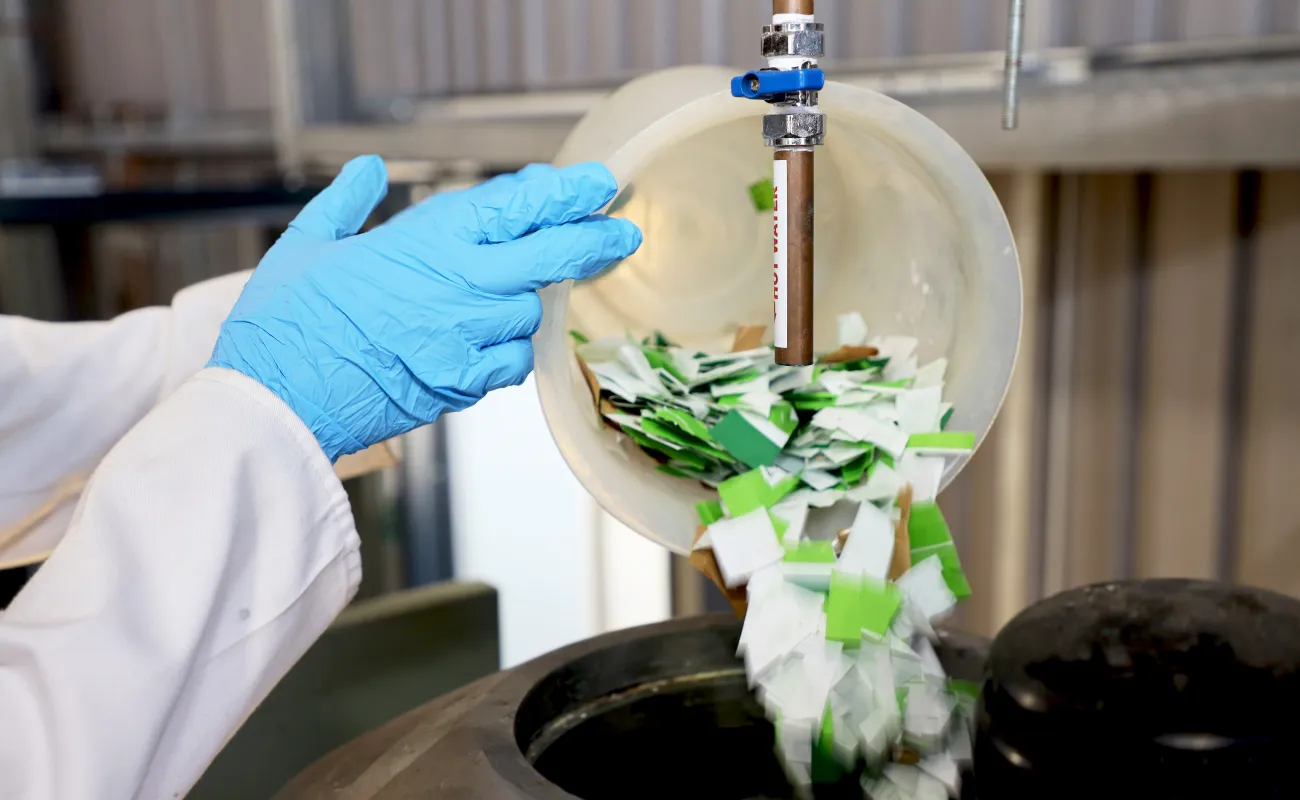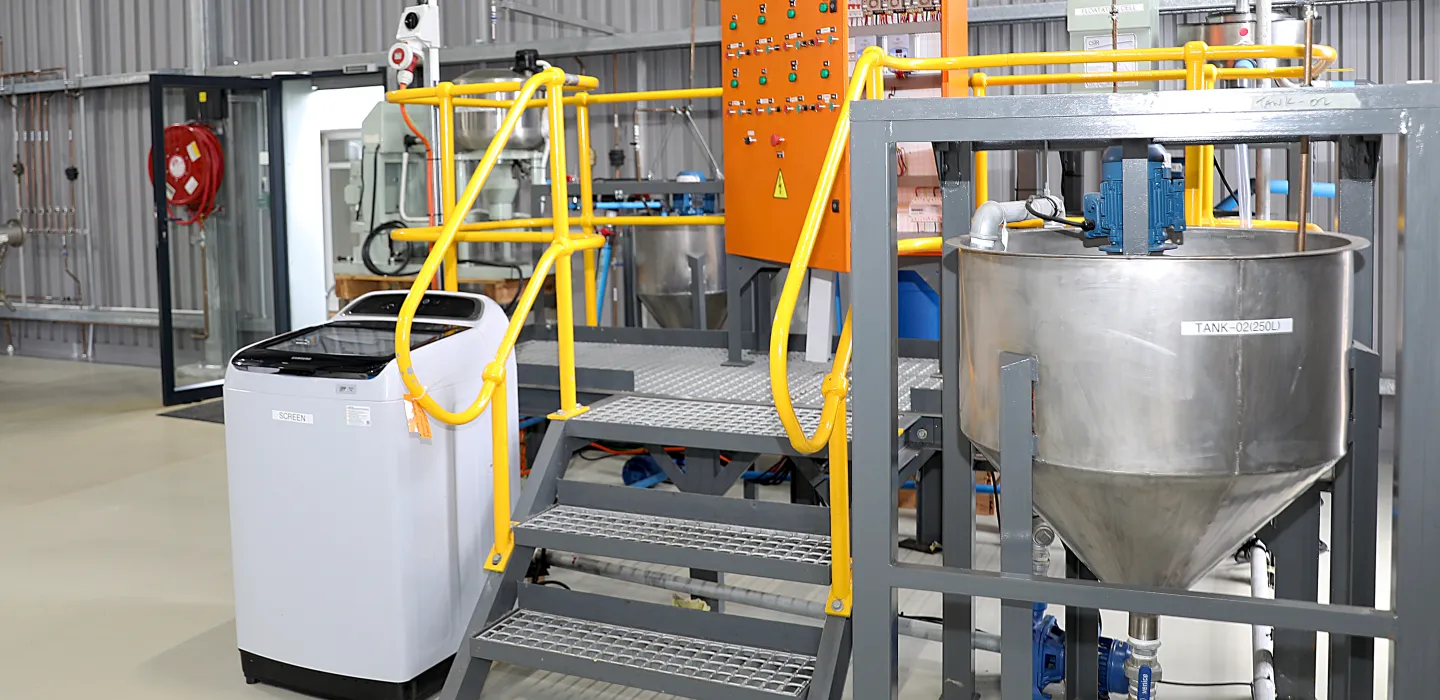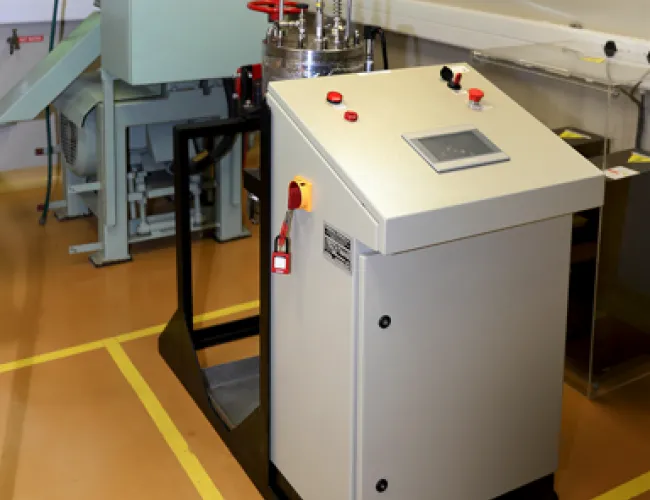What we do
Contact information:
Highlights

Better, greener plastic products from waste streams
The CSIR has formulated a new biocomposite material using waste sawdust and recycled plastics as an alternative to fossil-based material for Plastech SA. This innovation adds value to two waste streams: sawdust, a byproduct of the sawmilling industry and recycled polypropylene. Using melt extrusion techniques, researchers produced biocomposite pellets suitable for injection moulding and the manufacture of low-cost building materials with a reduced carbon footprint and improved performance.

Maximising the value of underutilised byproducts for a circular economy
The CSIR Biorefinery Industry Development Facility assists local industry to improve its competitiveness by providing access to specialised analytical and pilot-scale facilities to ensure a more sustainable way of using the country’s biomass resources. Watch.

CSIR broadens access to biorefinery technologies in support of circular economy
The CSIR has hosted its third annual workshop on biorefinery technologies in the circular economy. This session focused on the valorisation of biomass residues from the forestry, timber, pulp and paper industries, as well as agricultural operations using new circular-based technologies in support of industry and small, medium and micro enterprises. Read more.

Recovering useful fibres from used potato bags
The CSIR has developed a technology to recover fibres from used potato bags. Fibres recovered from used potato bags are repurposed to manufacture paper-based packaging materials such as fluting, a corrugated medium used in paper packaging. The use of waste paper offers economic and environmental benefits in line with circular economy ideals. This innovation is co-funded by the Department of Science, Technology and Innovation and the Paper Manufacturers Association of South Africa.
Read more.

Unlocking high-value products from sawdust biomass waste
The CSIR is developing a protocol aimed at optimising the extraction of xylitol, a high-value product from xylose, a sugar isolated from wood or sawdust biomass. Maximising the value of underutilised byproducts or waste aligns closely with the principles of a circular economy. The new extraction protocol provides comprehensive guidelines for evaluating and processing parameters to convert xylose into an important platform for sustainable bioproducts, particularly targeting the xylitol market.
Our facilities






